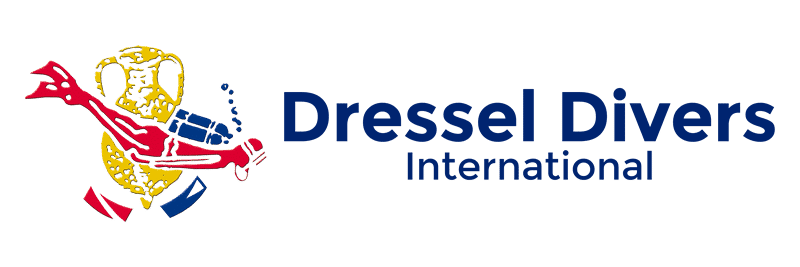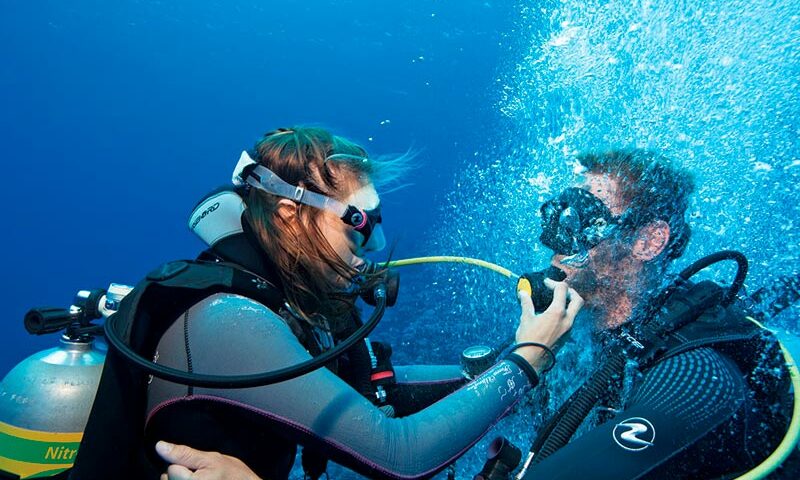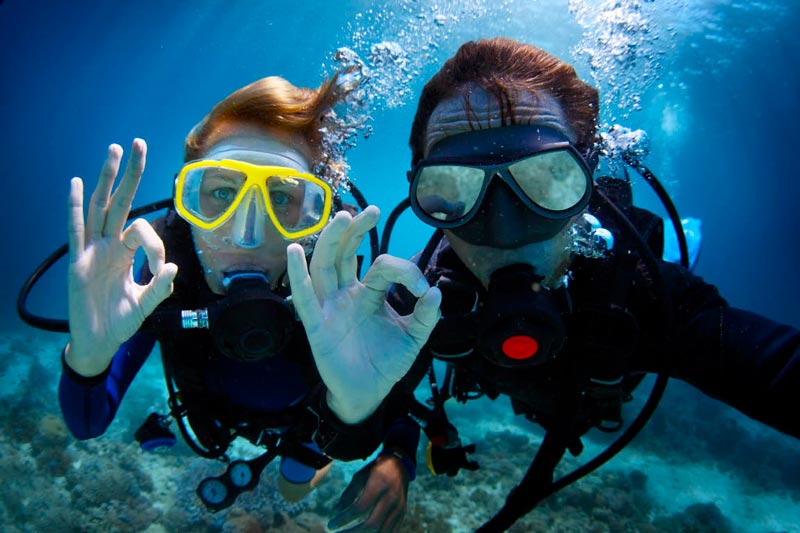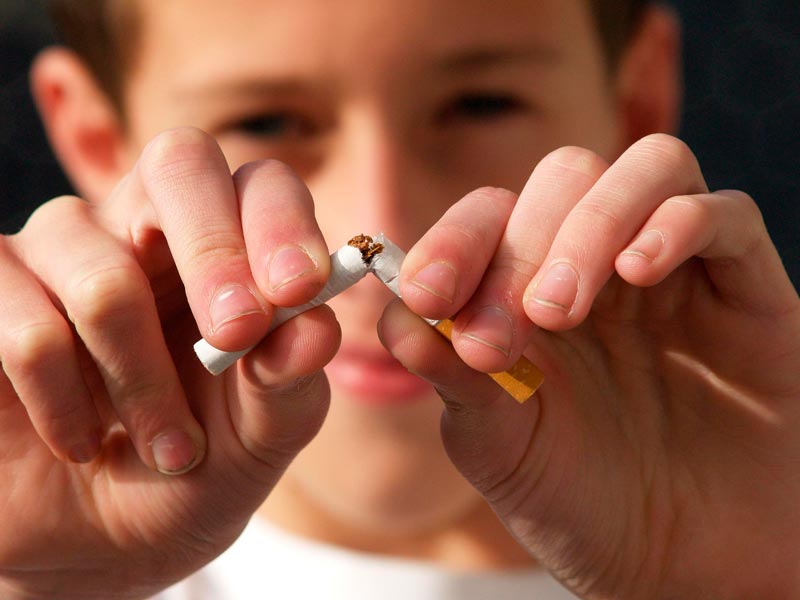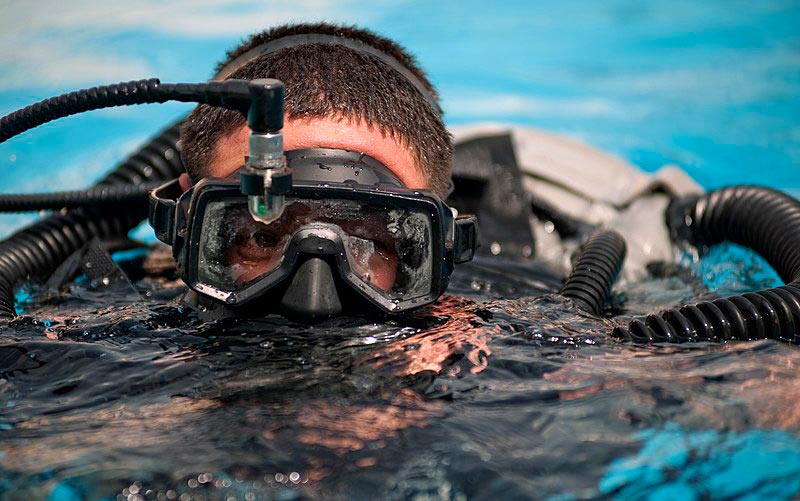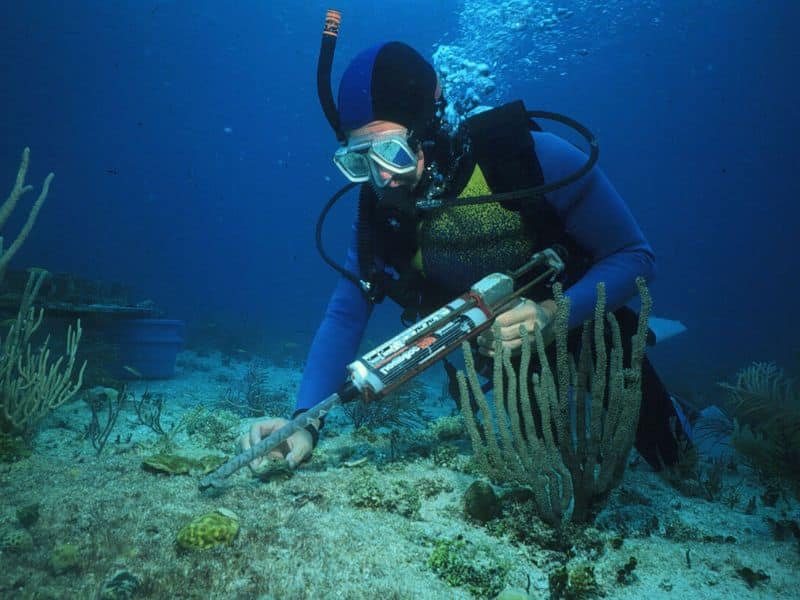3. How to Increase Lung Capacity
-
3. 1. Lung Rehabilitation
After a serious illness such as that caused by Covid-19, it is probable, that the diver who wants to improve the health of his lungs or make them stronger will have to undergo pulmonary rehabilitation.
According to the American Lung Association, this treatment consists of:
Sport. A plan of exercises adapted to your physical capacities. It will go from less to more.
Nutritional counseling. A healthy weight is essential. Too much weight can make breathing and diving difficult and too little can mean weak lungs and respiratory muscles.
Education about the disease. If you still suffer from symptoms, you should learn which situations worsen them and how to avoid them.
Postural hygiene. Avoid movements that make breathing more difficult and cause unnecessary lung stress.
Breathing techniques. With them, you will learn to reduce the number of inhalations and optimize oxygen obtention. Also, you will learn to keep the airways open for more time.
Psychological counseling and/or group support.
-
3.2. Foods For Lung Health
Advice from the British Lung Foundation, European Lung Foundation, and Lung Foundation Australia all agree that eating well is the way to healthier lungs. Food nutrients, as well as good hydration, are the basis for preventing lung infections.
A balanced diet contains all food groups and maintains a water intake of at least 2 liters per day.
Hydration is essential if you want to keep your lungs clean and help them function properly.
There are no prohibited foods for healthy lungs unless the diver has previously declared allergies or intolerances. For example, there is no scientific evidence to support some claims about the inconvenience of dairy products for the lungs.
However, refined flour, red meats, sweets, and large amounts of dairy fat are associated with an increased risk of lung disease. It does not mean you cannot eat these foods but do it in a moderated way.
According to the recent study Nutrition and Respiratory Health, the nutrients that were considered essential for our lung health are:
- Antioxidants and flavonoids, reduce oxidative oxygen stress that causes inflammation. Fruits and vegetables contain them in greater quantities.
- Vitamin C may inhibit the production of negative proteins for the lungs. Foods that contain them are oranges or lemons, cauliflower, kiwi and broccoli, among others.
- Vitamin E neutralize oxidizing agents that enter our respiratory system. Olive oil and nuts are rich in Vitamin E.
- Vitamin D, in countries with little sunlight or for people who hardly leave the house and are deficient in vitamin D, the British Lung Foundation advises the consumption of a vitamin D supplement. The reason is that adequate levels of vitamin D in the body can strengthen the lungs and reduce your risk of future lung infections.
- Magnesium, Calcium, and Potassium are believed to be good nutrients for lung health based on statistical data. Nuts, cereals, seeds, carrots, spinach, and seafood contain them.
